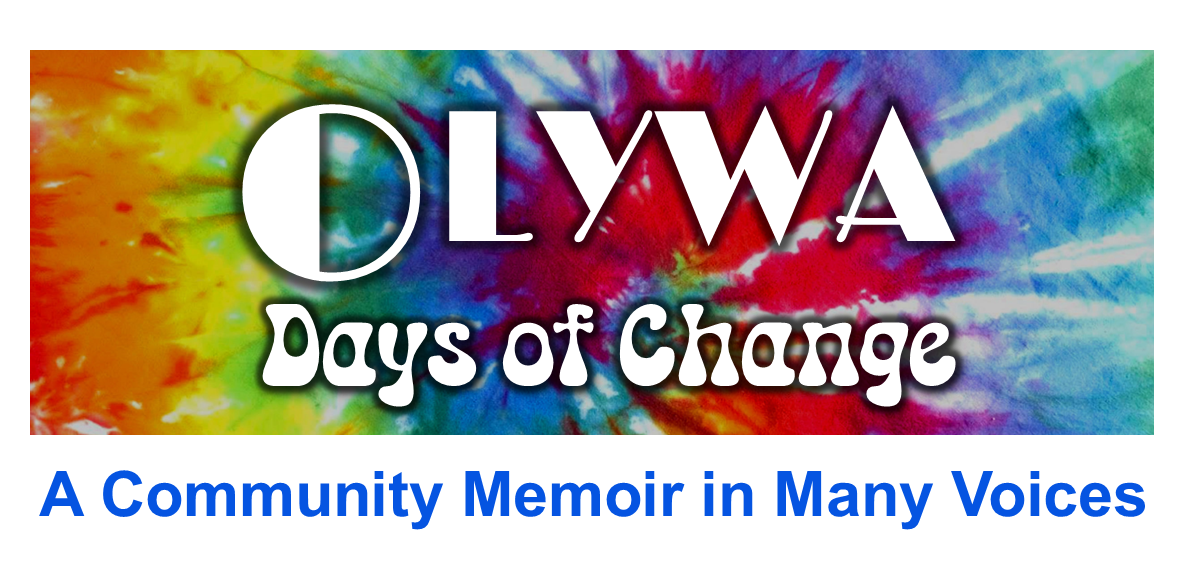Supporting the Teachers’ Union in El Salvador – 1985 – By Steven Kant
I was traveling with a delegation of U.S. teachers and union activists. The trip included people from Seattle, Los Angeles, and other U.S. cities. Beth Harris of Olympia was one of the organizers. We were responding to a request from ANDES, the Salvadoran teachers union, to attend their union convention. ANDES had not been able to hold a convention for years because of the violent repression, so they invited teachers and activists from all over the world to attend as witnesses and participants.
